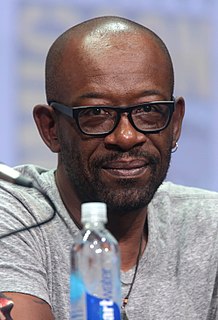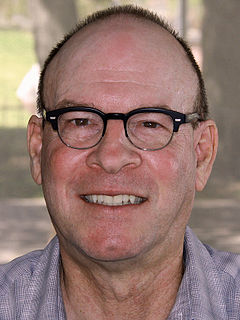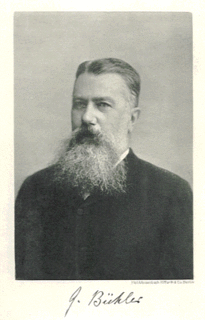A Quote by T. C. Boyle
I think the way to be a writer is to experience things, certainly, and be open to things, but at some point to become dedicated to the craft of writing and to create a stable environment for that writing to occur in.
Related Quotes
I don't think you could teach someone to be a genius, but you can certainly teach them to not make rookie mistakes and to look at writing the way a writer looks at writing, and not just the way a reader looks at writing. There are a lot of techniques and skills that can be taught that will be helpful to anybody, no matter how gifted they are, and I think writing programs can be very good for people.
If a writer of prose knows enough about what he is writing about he may omit things that he knows and the reader, if the writer is writing truly enough, will have a feeling of those things as strongly as though the writer had stated them. The dignity of movement of an iceberg is due to only one-eighth of it being above water. A writer who omits things because he does not know them only makes hollow places in his writing.
Some things lend themselves well to songs, some things don't, and I'm learning that a lot at the moment. It's still a relatively new way of writing. It's only really the last five to 10 years that I've taken my writing seriously in this way, as something I can keep working toward. I think I feel myself much more before as simply a songwriter.
You become a writer on a television show, and you see yourself doing bigger and better things, you don't wait till they tell you, "Here's the way to do bigger and better things," you start writing. You start writing that material that you might be doing off to the side. Nobody's going to be paying you for that, but it could turn into something big.
When things are going well, you do have the sense that what you’re writing is being fed to you in some way. Auden compared writing a poem to cleaning an old piece of slate until the letters appear. The only way you could reveal your god is perhaps under hypnosis. It’s sacred and it’s secret, even to the writer.
You're writing for some version of yourself. You're writing the kinds of things that you like to read or wanted to read at a certain point. So, primarily for most of my career, I've written the kind of criticism that fascinates me. The things I discovered the things that get me going, that I'm excited about.
What I find is that many times when I work with chance, with indeterminacy, I am more open to experience, less prone to a fixed process, and I think it creates a very important challenge. It creates a way of writing that is, in a way, flatter or smooth, a surface conducive to release, to movement. And in this way, the form of writing gets delightfully melded with the process of the writing.
The process of writing can be a powerful tool for self-discovery. Writing demands self-knowledge; it forces the writer to become a student of human nature, to pay attention to his experience, to understand the nature of experience itself. By delving into raw experience and distilling it into a work of art, the writer is engaging in the heart and soul of philosophy - making sense out of life.





































